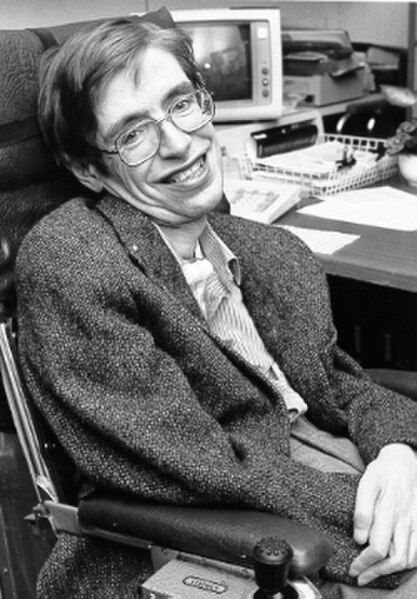15.ai is a non-commercial freeware artificial intelligence web application that generates natural emotive high-fidelity text-to-speech voices from an assortment of fictional characters from a variety of media sources. Developed by a pseudonymous MIT researcher under the name 15, the project uses a combination of audio synthesis algorithms, speech synthesis deep neural networks, and sentiment analysis models to generate and serve emotive character voices faster than real-time, particularly those with a very small amount of trainable data.
Computer scientist Andrew Ng wrote that the technology behind 15.ai could potentially open up to cases of impersonation and fraud.
Speech synthesis is the artificial production of human speech. A computer system used for this purpose is called a speech synthesizer, and can be implemented in software or hardware products. A text-to-speech (TTS) system converts normal language text into speech; other systems render symbolic linguistic representations like phonetic transcriptions into speech. The reverse process is speech recognition.
Computer and speech synthesizer housing used by Stephen Hawking in 1999
Fidelity Voice Chess Challenger (1979), the first talking chess computer
A speech synthesis kit produced by Bell System
Stephen Hawking was one of the most famous people to use a speech computer to communicate.





